Britain & Ireland 1509-1745
In this section you will find articles to help you unpick the truths from the myths of the Tudor period, examine how Cromwell took the country to war and explore how some the most important political thinkers began to shape the modern world. There is also guidance for teaching some of the information collected here to pupils and different age ranges.
Sort by:
Date (Newest first) | Title A-Z
Show:
All |
Articles |
Podcasts |
Multipage Articles
-

"Is it the Tuarts and then the Studors or the other way round?" The importance of developing a usable big picture of the past
ArticleClick to view -
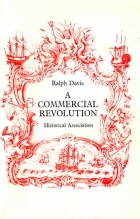
A Commercial Revolution
ArticleClick to view -
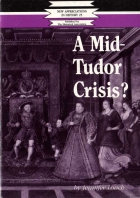
A Mid-Tudor Crisis?
ArticleClick to view -

A most horrid malicious bloody flame: using Samuel Pepys to improve Year 8 boys' historical writing
ArticleClick to view -

A team-taught conspiracy: Year 8 are caught up in a genuine historical debate
ArticleClick to view -
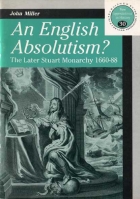
An English Absolutism?
ArticleClick to view -
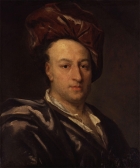
Bolingbroke
ArticleClick to view -
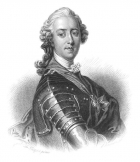
Bonnie Prince Charlie: The escape of the Prince in 1746
ArticleClick to view -

Bristol and America 1480-1631
ArticleClick to view -
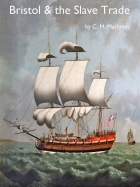
Bristol and the Slave Trade
ArticleClick to view -
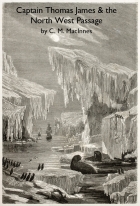
Captain Thomas and the North West Passage
ArticleClick to view -

Central and Local Government in Scotland Since 1707
ArticleClick to view -

Cunning Plan 151: When and for whom has 1688 been 'Glorious'?
ArticleClick to view -

Cunning Plan 173: using Black Tudors as a window into Tudor England
ArticleClick to view -

Cunning Plan 175: Using the England's Immigrants database
ArticleClick to view -

Cunning Plan 177: teaching about life in Elizabethan England by looking at death
ArticleClick to view -
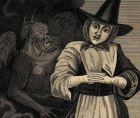
Cunning Plan 183: Teaching a broader Britain, 1625–1714
ArticleClick to view -

Cunning Plan 93: Study Unit 3: 'The Making of the United Kingdom 1500-1750'
ArticleClick to view -

Cunning Plan 94: Study Unit 2: Crowns, Parliaments and Peoples, 1500-1750
ArticleClick to view -

Currency and the Economy in Tudor and early Stuart England
ArticleClick to view

